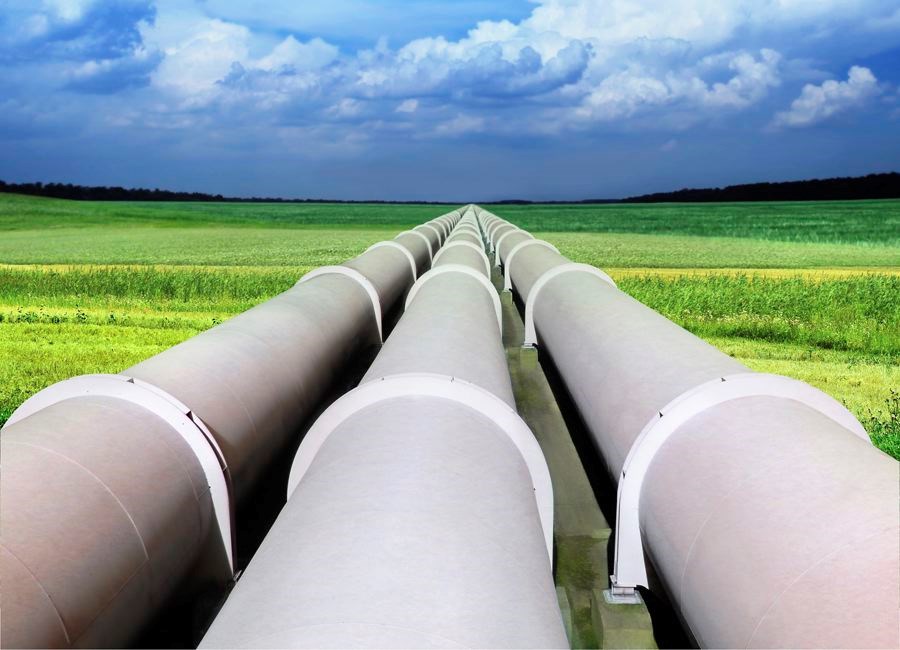The federal government is the official decision-maker on whether or not Northern Gateway is given permission to proceed with its proposed pipeline, but the provincial government will have a big say on whether or not it ever gets built.
Interprovincial pipelines, like the northern Alberta to Kitimat proposal Northern Gateway is championing, fall squarely under federal jurisdiction. After reviewing the Joint Review Panel report set to be released later this month, it will be the federal cabinet's decision alone to rule on whether or not the $6.5 billion project can proceed.
Yet for both practical and political reasons, the government of British Columbia will need to be on board if the twin diluted bitumen and condensate pipelines hope to see the light of day - and to date the province is sticking to its submission to the panel that the project as currently conceived doesn't meet provincial requirements.
Not only does the provincial government have some permitting powers at its disposal to delay or even prevent the pipeline from getting built, it would also be politically difficult for the federal government to push through a pipeline against the wishes of a provincial government.
That leaves the five conditions the B.C. government has set out for any new heavy oil pipeline as a major hurdle the project could face in 2014, irrespective of what the JRP reports back to the federal government.
Premier Christy Clark first laid out the conditions during the summer of 2012 and referenced them repeatedly during the spring election campaign. In order for any new pipeline, including Northern Gateway, to proceed the Clark government said it will insist it receives a positive recommendation from the JRP, the world-class marine and overland spill response systems are in place, that First Nations have been appropriately consulted and that the province receives its fair share of the benefits.
As of earlier this month B.C. Environment Minister Mary Polak reiterated that none of those conditions have been met to the satisfaction of the province, yet hinted that progress is being made on some of them.
"I don't think there has to be a battle between development and the environment," she said.
Polak told reporters that there's been a "dramatic change in approach" from both the federal and Alberta governments in recent months and was encouraged by the federal government's co-operative approach.
Last week the federal government attempted to make progress on the second and fourth conditions by releasing reports on tanker safety and aboriginal consultation. However, critics have pointed out the recommendations have yet to actually be implemented.
At the same time, a working group of B.C. and Alberta senior deputy ministers are due to report by Dec. 31 on ways the two provinces can work together on energy developments. The terms of reference for the group included a section pointing out that if new oil pipelines aren't built, then bitumen will be shipped by rail to the west coast. The working group is also looking at the most high-profile condition - how B.C. will get its fair share economically.
The first condition could also be met soon, depending on what the JRP has to say about the potential environmental impacts of the pipeline.
While project supporters may find Polak's comments about progress comforting, opponents to the project find them troubling.
The opposition NDP, who have long opposed the Northern Gateway project, are concerned the province is inching away from the critique of the pipeline offered in its final argument to the panel in June.
"It looks like the Premier, despite before the election seeming to be quite aggressively against Enbridge - even in the submission they made to the Joint Review Panel - it looks like now, after the election, she's decided that putting a price on the coast is acceptable," NDP environment critic Spencer Chandra Herbert said earlier this fall.
The province didn't pull any punches in its written final argument to the panel. It cited concerns about whether or not dilbit would float if a spill occurred and criticized Northern Gateway's parent company Enbridge for its inability "to learn from its mistakes in order to avoid spills."
The province was also critical of the spill response plans Northern Gateway presented in the hearings. The government felt they should have been more substantive.
"'Trust me' is not good enough in this case," the province wrote.
The NDP have also criticized the way the provincial government handled the Joint Review Process, by choosing to act as an intervener. They ran on a pledge to sever the equivalency agreement between the federal government and the province and pledged to conduct their own environmental assessment if elected.
"The premier thinks she can have it both ways - appearing to be opposed to the project while giving up the province's legal rights to do anything if the project is pushed through," NDP North Coast MLA Jennifer Rice said on Dec. 1 when the deadline to cancel the equivalency agreement passed.



